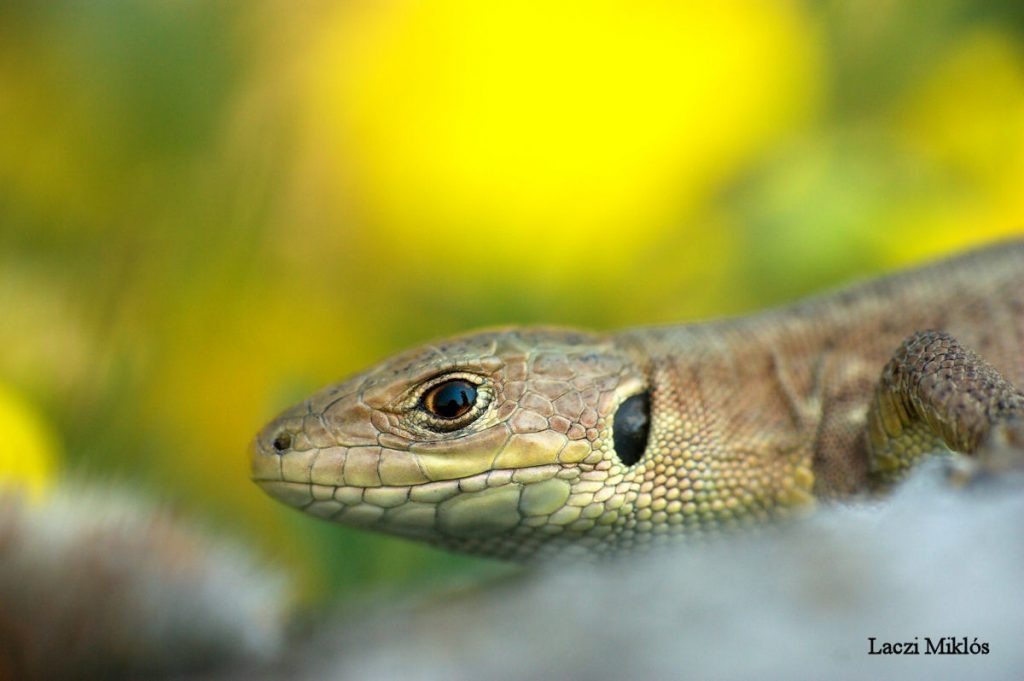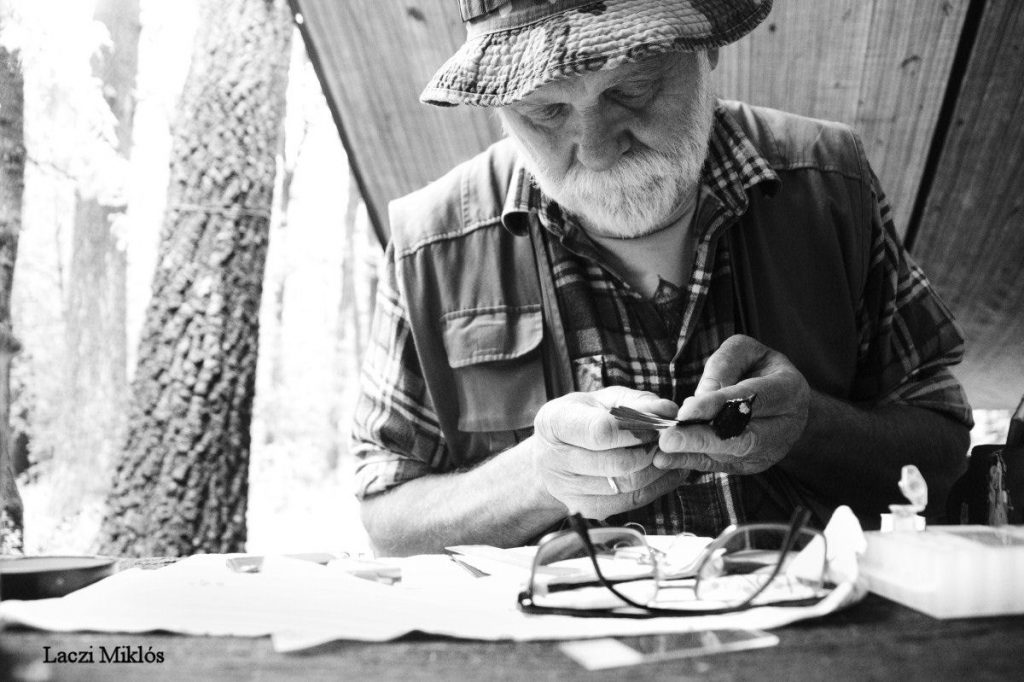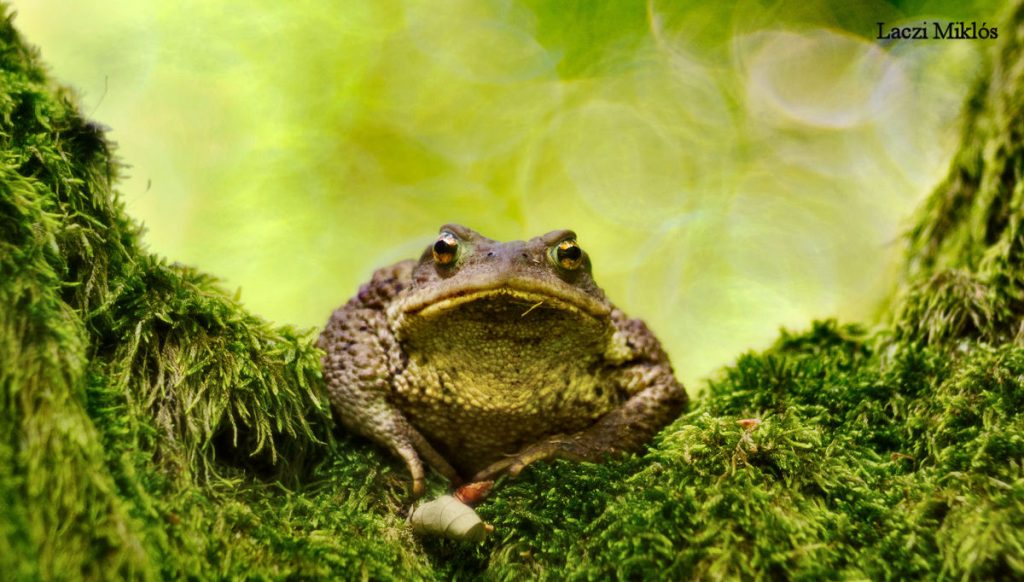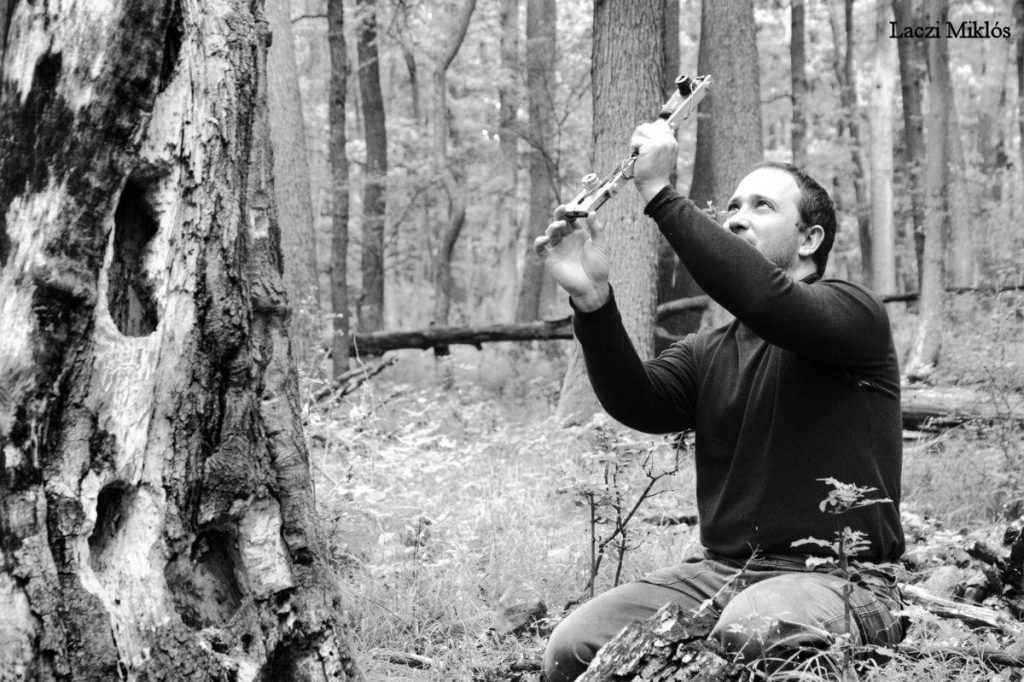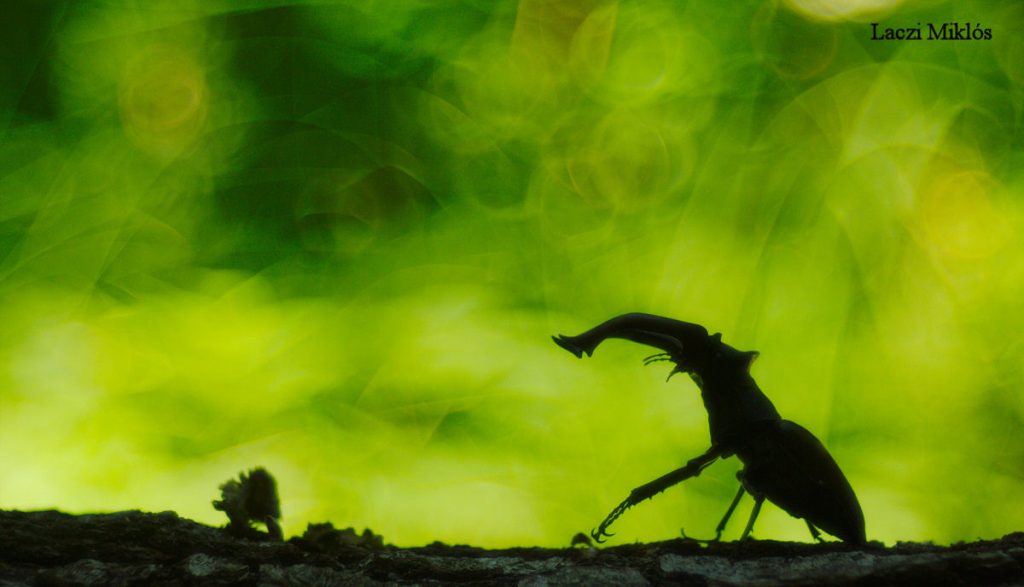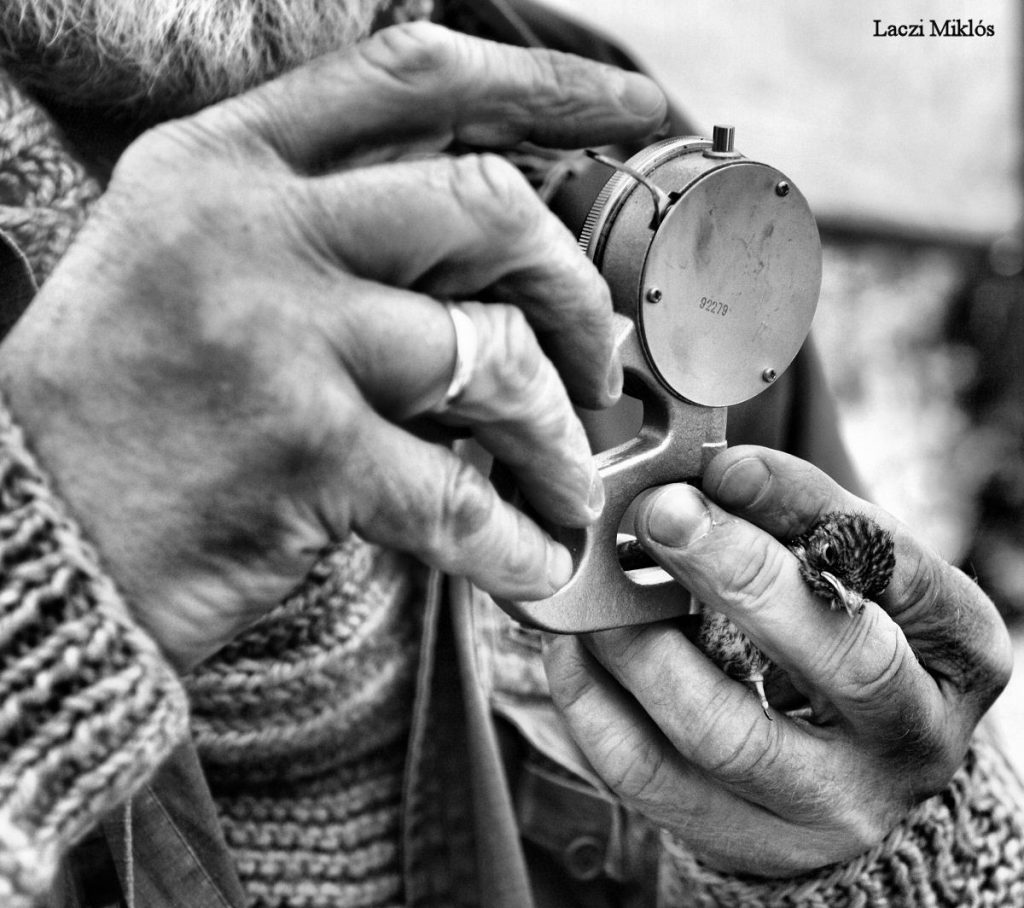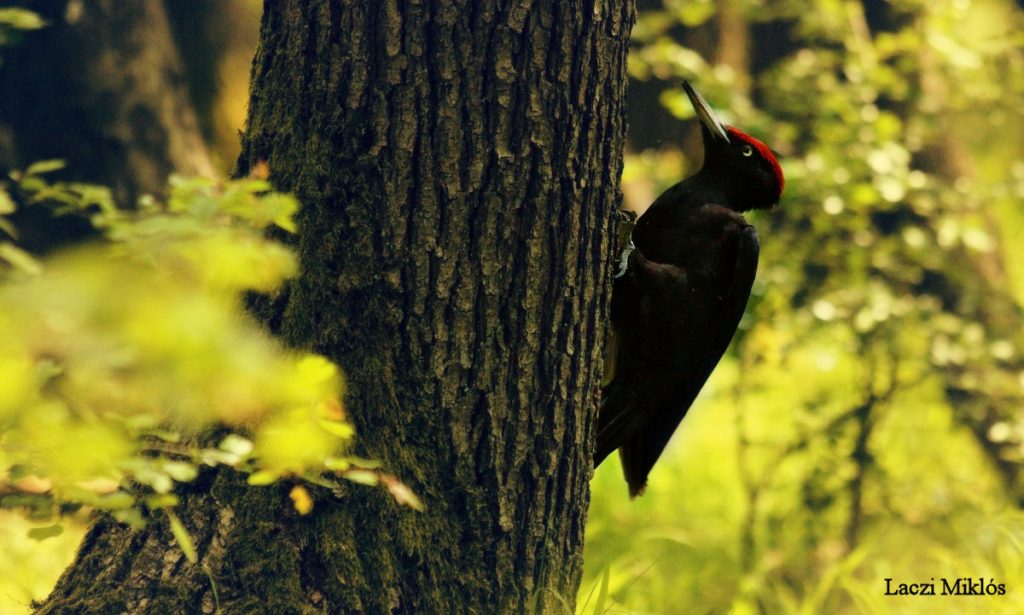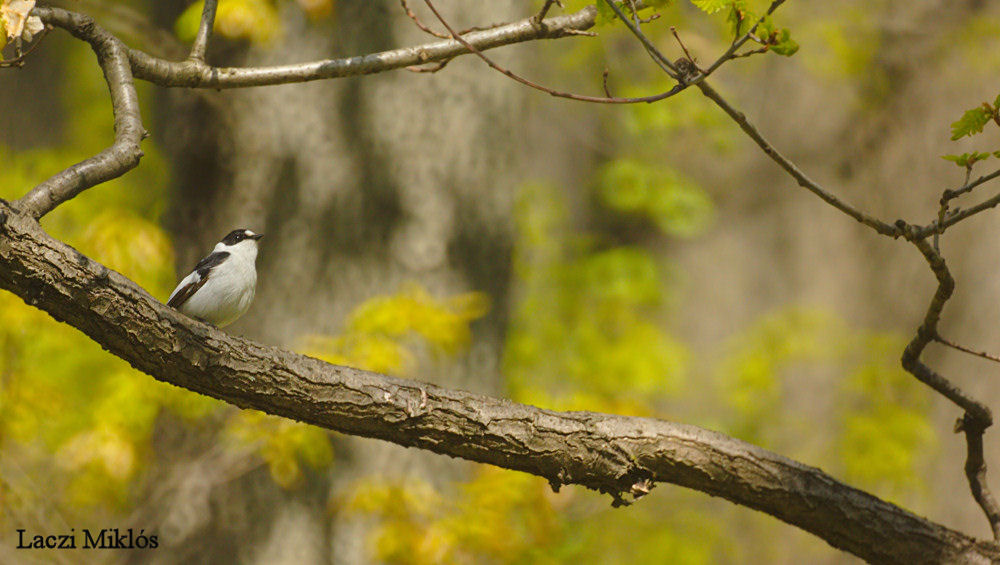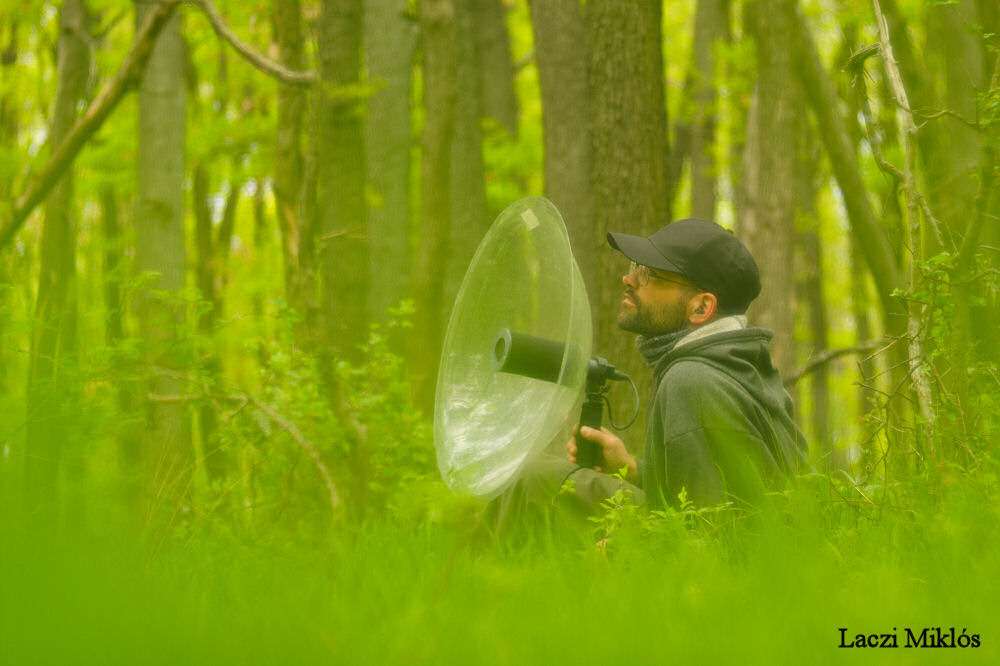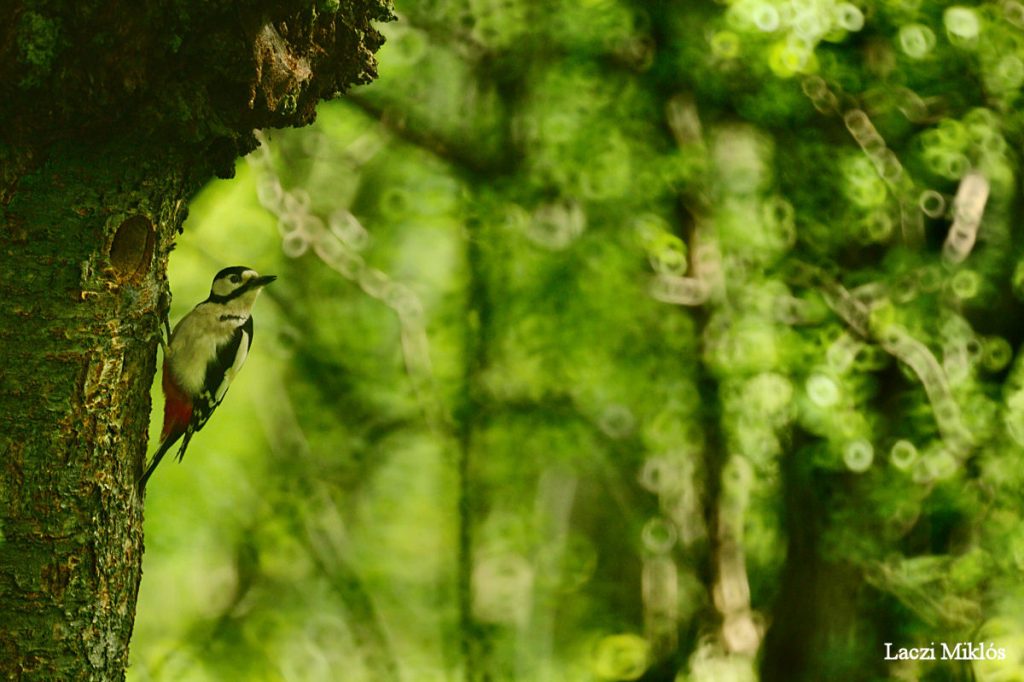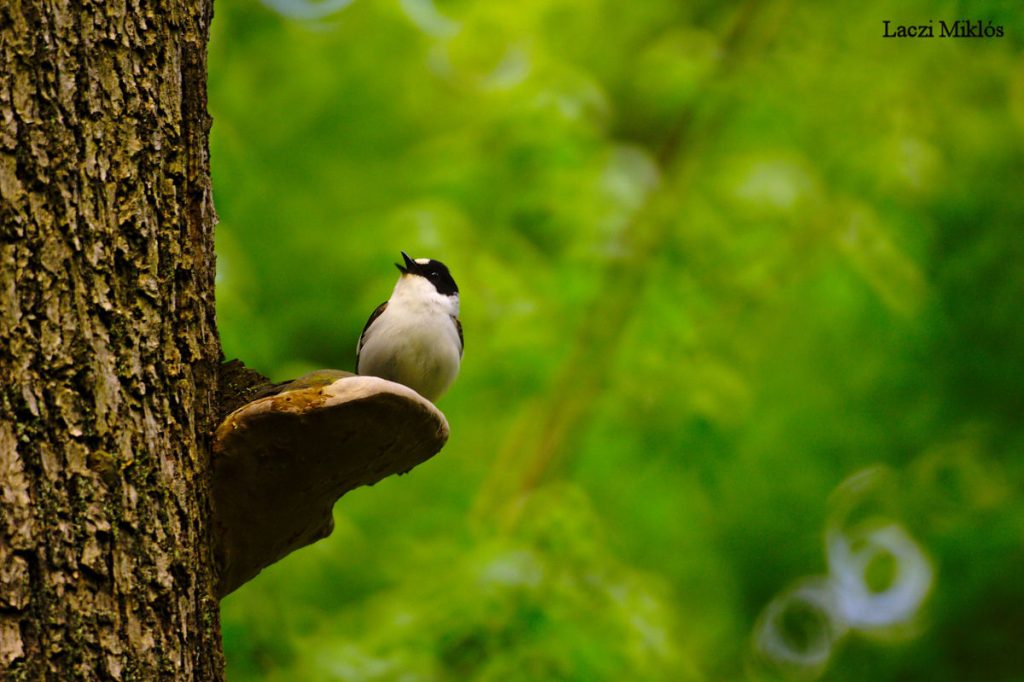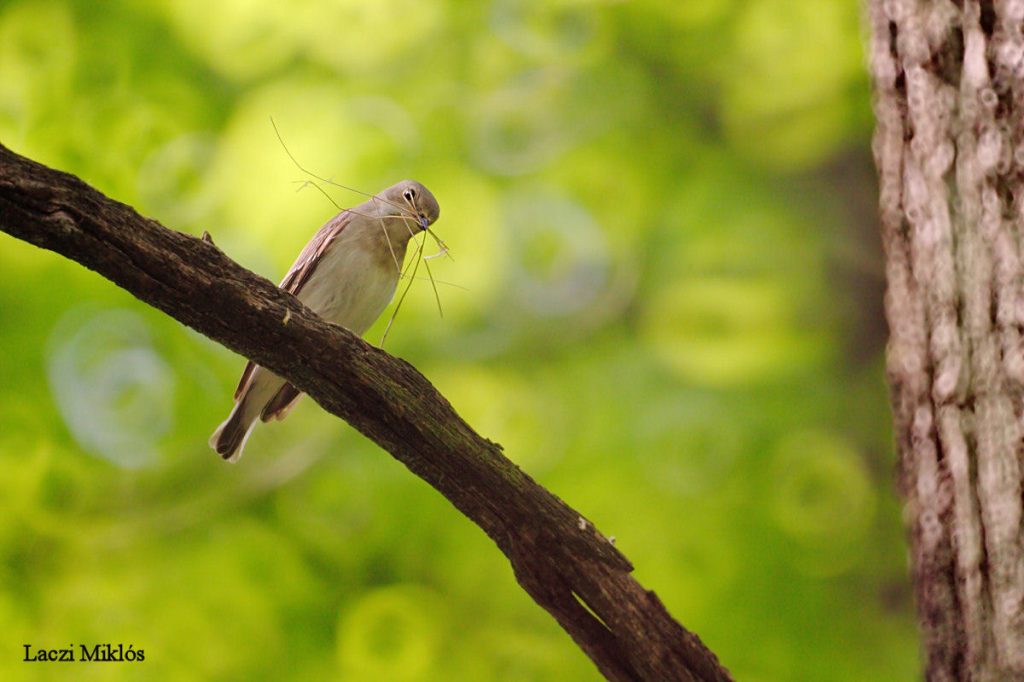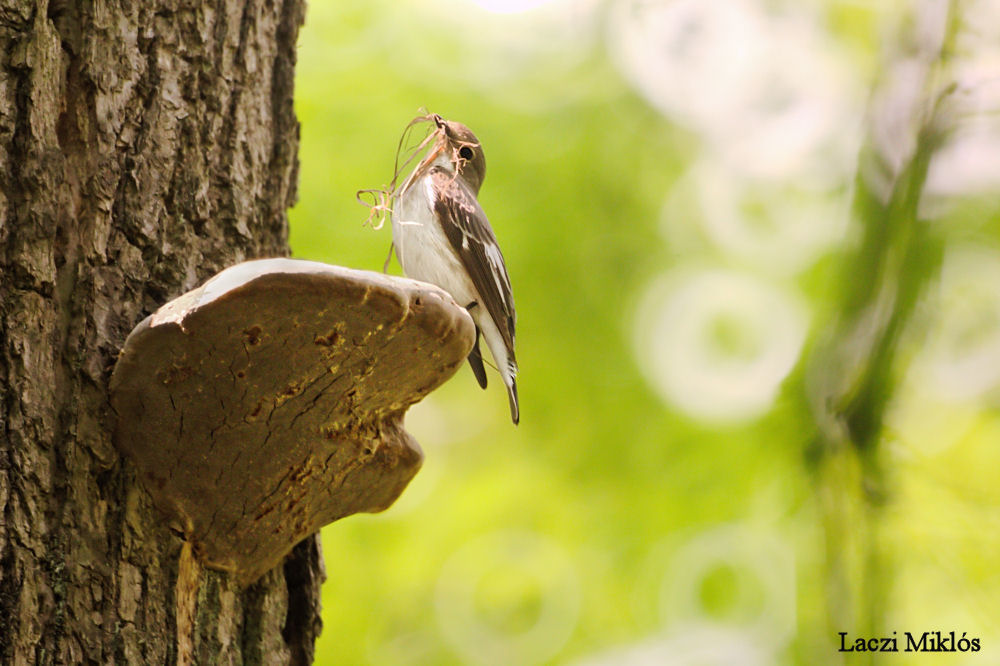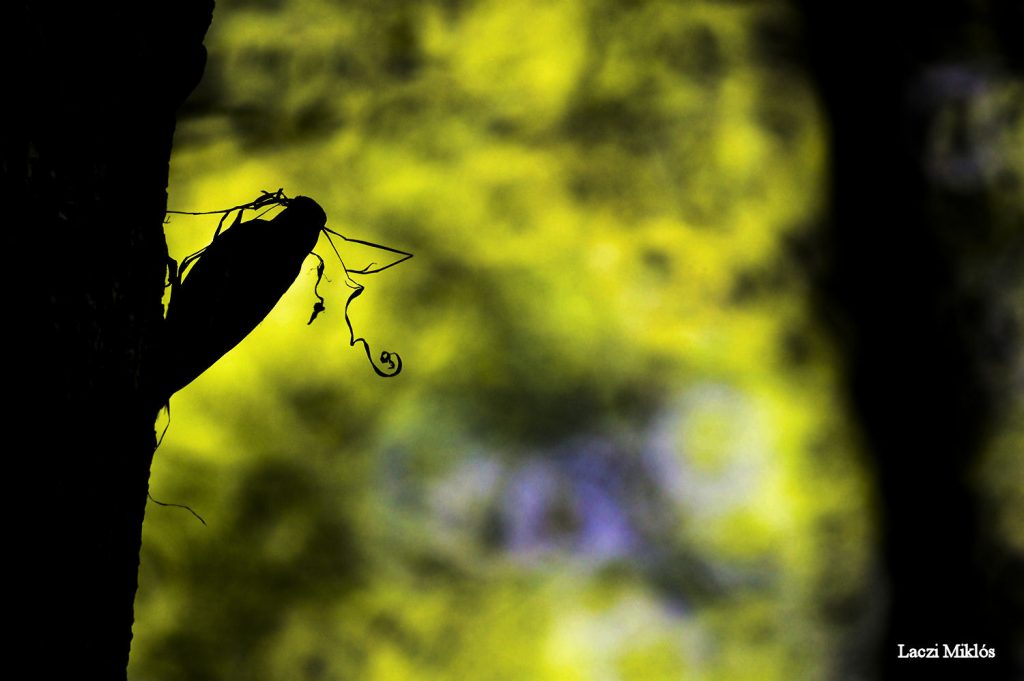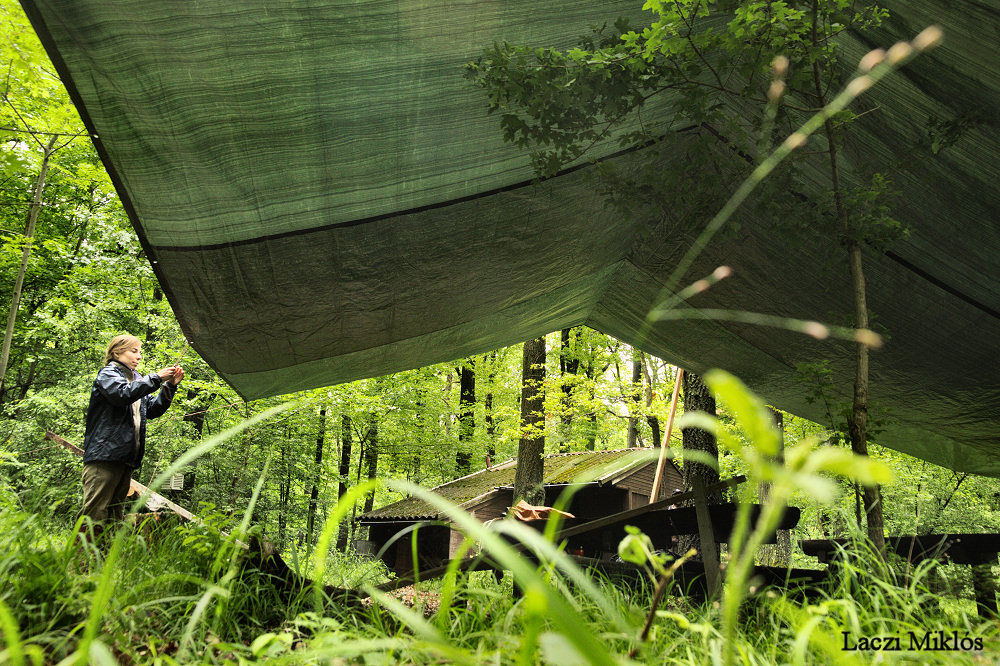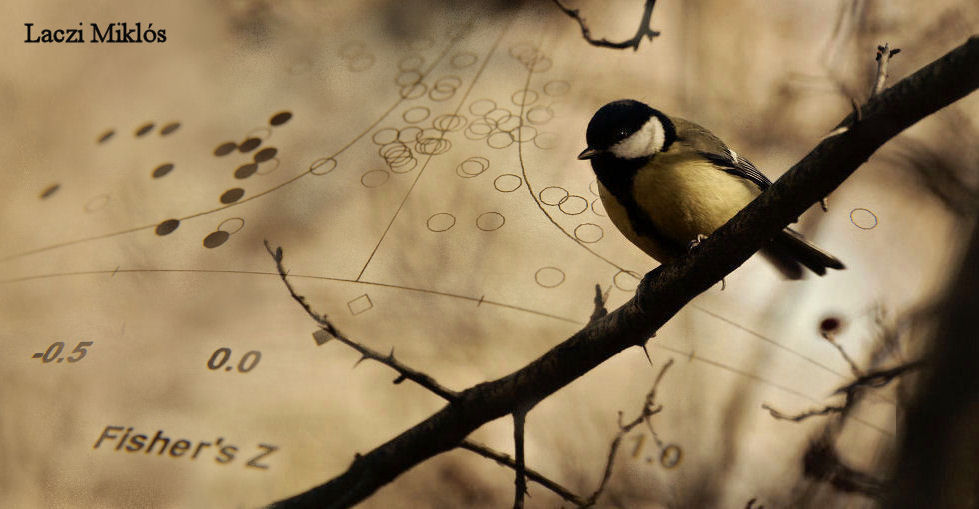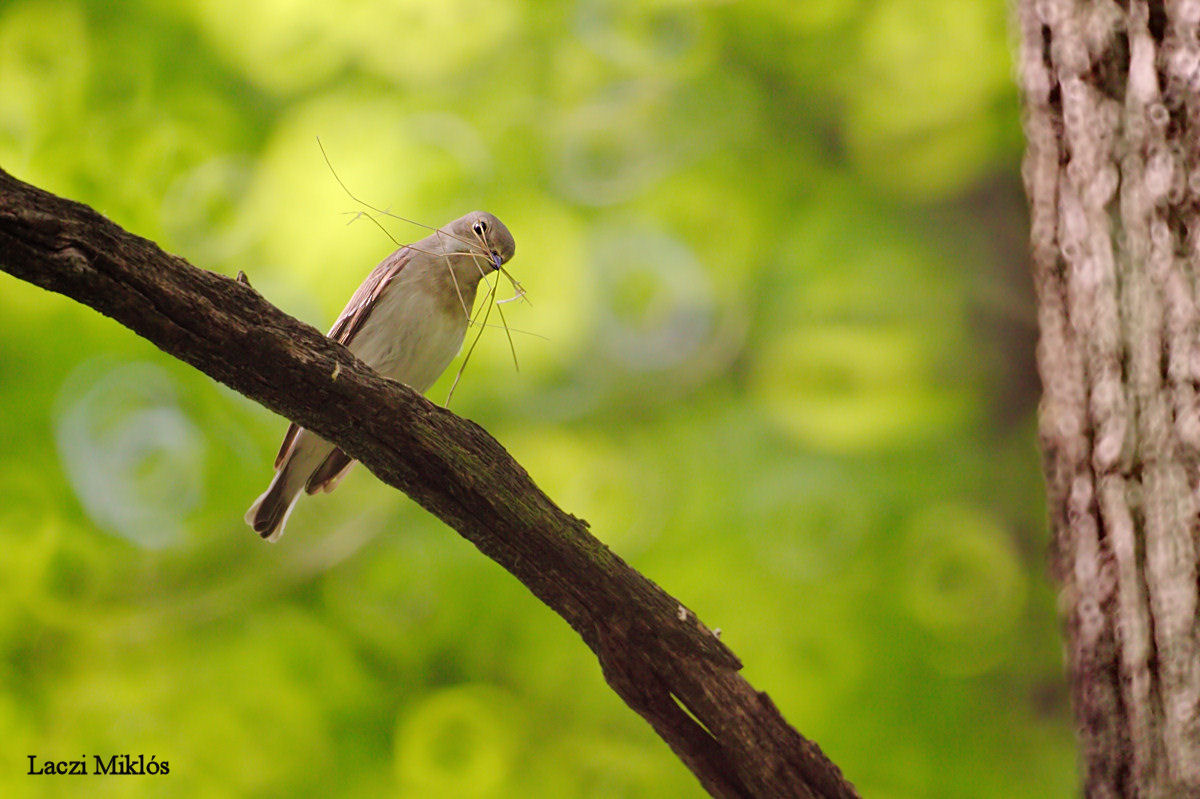
Research groups
Evolutionary Ecology Research Group
Members of the research group:
research fellow
research fellow
assistant research fellow
institute engineer assistant research fellow
research fellow
research fellow
assistant
laboratory manager
research fellow
research fellow
Main profile:
The main research interest of the Evolutionary Ecology Research Group focuses on the proximal determination and function of various behavioural traits, their role in mediating the interactions among individuals and species as well as in how they mediate adaptations to different environments, and finally, the evolutionary and ecological consequences of these interactions. The researches involve, on the first place, the behavioural ecological study of a Hungarian population of a passerine species (collared flycatcher, Ficedula albicollis), but we also perform investigations on other model species under natural and laboratory (experimental) conditions. We aim at uncovering mechanisms that govern the patterns at the among-population or at the among-species level by using phylogenetic (comparative) approaches.
The main goals of the group are:
(1) to unravel selective mechanisms that shape the variance of behaviours at the within-individual and between-individual levels that lead to a balance between the consistency and plasticity of phenotypes;
(2) to understand the role of bird song in mediating acoustic communication and cultural evolution
(3) to investigate the effect of animal behaviour on the ecological interactions among species (i.e. host-parasite or predator-pray interactions);
(4) to discover how animal populations respond to climate change or to other human-enhanced environmental changes, and how behavioural traits are involved in such processes;
(5) to develop and apply statistical methods that are used in evolutionary ecology to handle hierarchically or phylogenetically structured data.


















